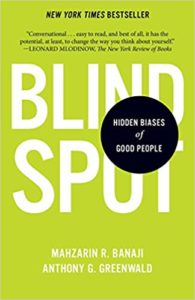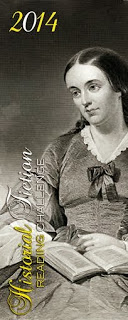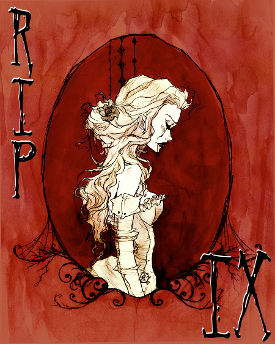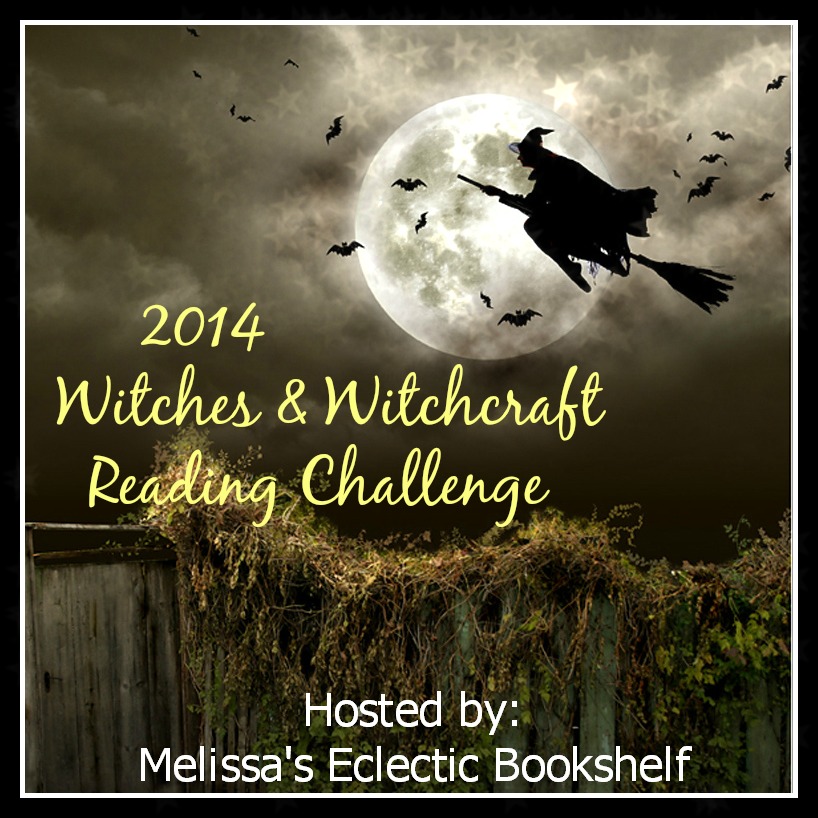 Blindspot: Hidden Biases of Good People by Mahzarin R. Banaji, Anthony G. Greenwald
Blindspot: Hidden Biases of Good People by Mahzarin R. Banaji, Anthony G. Greenwald Published by Bantam on August 16, 2016
Genres: Nonfiction
Pages: 272
Format: Paperback
Buy on Amazon
Goodreads

I know my own mind. I am able to assess others in a fair and accurate way.
These self-perceptions are challenged by leading psychologists Mahzarin R. Banaji and Anthony G. Greenwald as they explore the hidden biases we all carry from a lifetime of exposure to cultural attitudes about age, gender, race, ethnicity, religion, social class, sexuality, disability status, and nationality.
"Blindspot" is the authors’ metaphor for the portion of the mind that houses hidden biases. Writing with simplicity and verve, Banaji and Greenwald question the extent to which our perceptions of social groups—without our awareness or conscious control—shape our likes and dislikes and our judgments about people’s character, abilities, and potential.
In Blindspot, the authors reveal hidden biases based on their experience with the Implicit Association Test, a method that has revolutionized the way scientists learn about the human mind and that gives us a glimpse into what lies within the metaphoric blindspot.
The title’s “good people” are those of us who strive to align our behavior with our intentions. The aim of Blindspot is to explain the science in plain enough language to help well-intentioned people achieve that alignment. By gaining awareness, we can adapt beliefs and behavior and “outsmart the machine” in our heads so we can be fairer to those around us. Venturing into this book is an invitation to understand our own minds.
Brilliant, authoritative, and utterly accessible, Blindspot is a book that will challenge and change readers for years to come.
I read this book along with other administrators and department chairs at my school. While I think it covers an interesting topic well, it’s nothing new to folks who have read The New Jim Crow or who have been engaged in learning and reading about issues of social justice. The book’s real value is in the Implicit Attitude Tests (IAT). These tests are very interesting and typically reveal that we have preferences for people who exhibit the dominant or so-called “default” attribute—white people/black people; thin people/overweight people; young people/old people; non-Muslim/Muslim; male/female. In most instances, even people who share characteristics of the non-dominant group will show implicit bias toward the dominant. For example, many would associate men more with work and women more with the home. Still. There are several tests you can take, and the results are really interesting.
Weirdly, the test revealed I have a preference for black people over white people. I have no idea how to explain this because my results should have demonstrated a preference for white people, especially since I am among that group. Even African Americans who take the test often demonstrate a preference for white people. I was sure I had done the test wrong or “gamed” it somehow. I took it three times. Each time, the result was the same, no matter whether I used paper/pencil, an iPad, or a computer. I just took it again for the fourth time. Same result. Always a moderate or slight preference for African Americans over European Americans. I don’t know what’s up with the result. I’m not disappointed or upset about it, but I am surprised because I expected the IAT to reveal a different result. I have a lot of questions about how malleable the brain is. We are hardwired to categorize and to stereotype because it helped keep us safe when we were developing as a species. Strange “others” were often dangerous. I have done a great deal of work on trying to root out racism. I am not perfect, but I have put in a lot of effort to be better. Has the work I have done in this area changed my brain? I was not raised to be non-racist. It’s a sad fact, but it’s true. I had to work very hard to root out explicit bias, so I really expected more of an implicit bias to remain. And in some of the tests, my results revealed an automatic preference for a dominant group. I could stand to lose a few pounds for sure, and my test revealed I have a preference for thin people over overweight people. I demonstrated an automatic preference for non-Muslims over Muslims. The key, as the authors note in the book, is not to beat yourself up because you have automatic preferences you didn’t realize you had—instead, realize you have them and actively work against them. Even the authors admit they have automatic preferences for the “dominant” group when they take the test.
I take issue with the authors’ assertion in Appendix 2:
Explicit bias is infrequent; implicit bias is pervasive. Appendix 1 presented the evidence that early twenty-first century Americans display low levels of explicit (overt) race prejudice in survey studies. This is a well-documented and striking reduction from the overt expressions of prejudice that were commonplace in studies done fifty to seventy-five years previously. (208)
Okay, I know the authors are at Harvard, in the so-called “People’s Republic of Cambridge,” but really? They think explicit bias is infrequent? They must not be on Facebook or Twitter. True, the tiki torches came out in Charlottesville after this book was published, but Donald Trump was campaigning on his hateful rhetoric when the paperback came out. I don’t know where the authors are looking, but I see overt racial prejudice everywhere. I agree implicit bias is pervasive.
Our discussion of the book this morning was rich and interesting. I suppose the main reason this book didn’t earn more stars from me was the fact that much of the information revealed wasn’t new to me, and perhaps that is why the book felt repetitive. This book might be best for people who are just beginning to explore issues of social justice, or for people who haven’t explored it at all.






